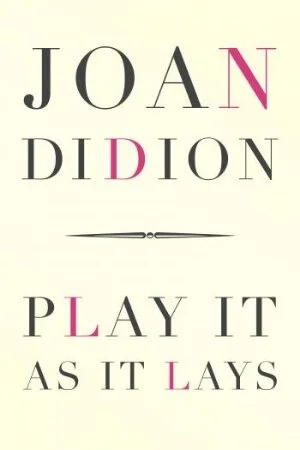The Power of Habit: Why We Do What We Do in Life and Business
Like any starry-eyed millennial in January, I opted to do something self-help related that wasn’t overly taxing. I read The Power of Habit: Why We Do What We Do in Life and Business by New York Times reporter Charles Duhigg. I have zero use for the business portion, but I do have (somewhat) of a life, so here we are.
Duhigg invokes multiple scientific studies to argue that most of our actions don’t stem from deliberate decision-making. What might have once started as an intentional choice becomes part of a habit loop that your brain regularly relies on so that it can focus on other issues. Duhigg breaks down the habit loop into three parts: a cue, a routine, and a reward. Our mind starts going through the motions like

and if you want to change the habit, you’ve got to keep up. A cue is something that triggers the habit. For example, if you have a habit of incessantly checking your phone, a cue might be the sound of receiving a text message. A routine is the more obvious part—it’s the habit itself. For example, if you have a habit of eating shitty foods, the routine is eating the shitty food. Let’s leave Chili’s out of this. A reward is the benefit that you incur from following through with the routine. For example, if you have a habit of exercising, the reward is the flow of endorphins that you feel at the end of a workout. The muscles are an added plus.
I didn’t just read this book to learn about the neurological underpinnings behind why I brush my teeth. I read it because I want to brush my teeth more because I don’t have dental insurance. No? Just me? But really, the book isn’t just about the power of habits, it’s about the power to change habits. Duhigg gives you concrete tips on how to change an existing habit. Turns out, you can reprogram your brain! So…we’re all trapped in a Black Mirror episode?
After addressing individual habits, Duhigg expands his logic to businesses. He talks about targeted-marketing strategies that use data to study the habits of the masses. He gives examples on how some industries take advantage of our brain’s desire for the familiar, like when the music industry tries to create a song that will “stick”.

Duhigg ends with a couple of criminal cases that hint at the ethical responsibility to try and change habits that might harm yourself or others. He acknowledges that talking about habits vs. addictions is complicated/nuanced. His whole shtick is that there are certain things about yourself you can attempt to change and he gives you the tools to do just that.
The book ended with a nauseatingly cheesy metaphor. Some parts had a preachy tone. A few of his business anecdotes seemed tangential. But if you want a pretty quick read with some straightforward, actionable advice, I recommend that you check it out. The Power of Habit receives 3 out of 5 flames.
If you enjoyed this review, please consider purchasing this book from my Amazon Associates link: https://amzn.to/38rtq1H. The commissions I receive from your purchase help pay for the costs of running this website. Thanks for your support!


